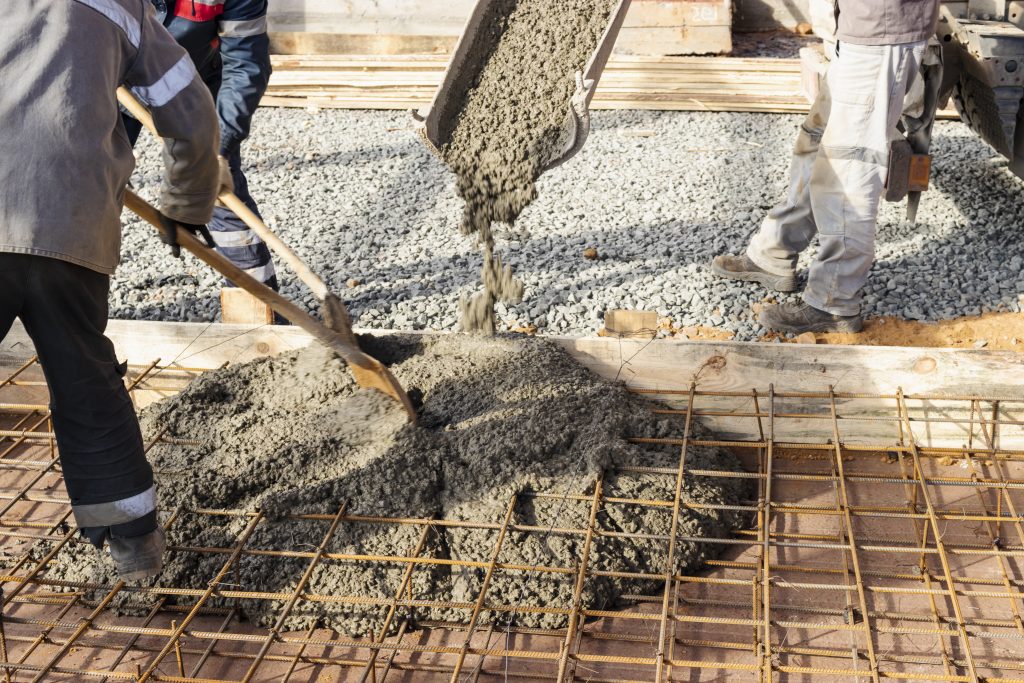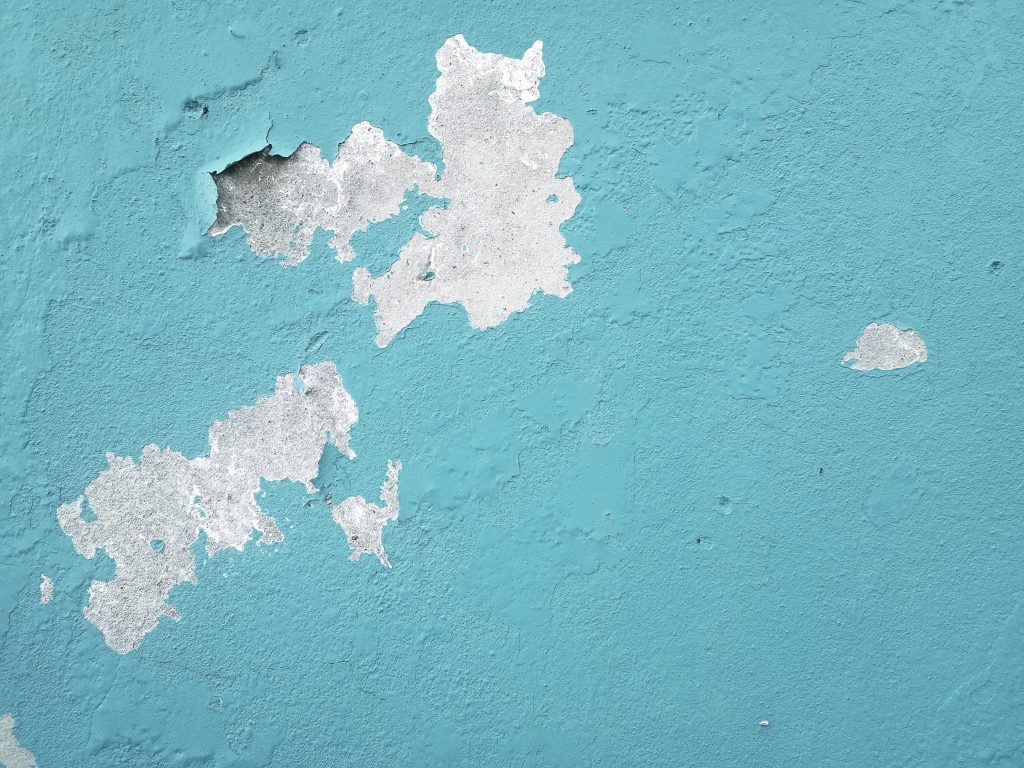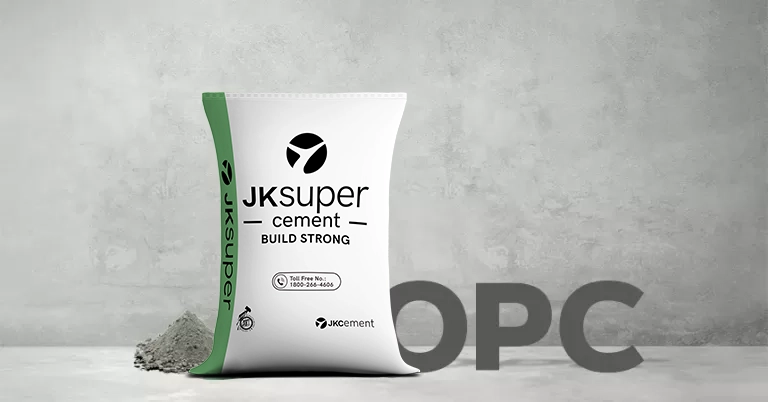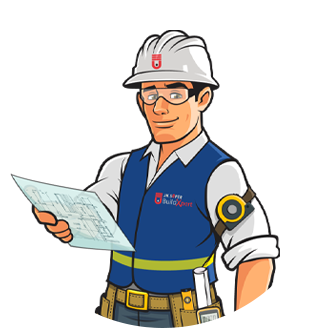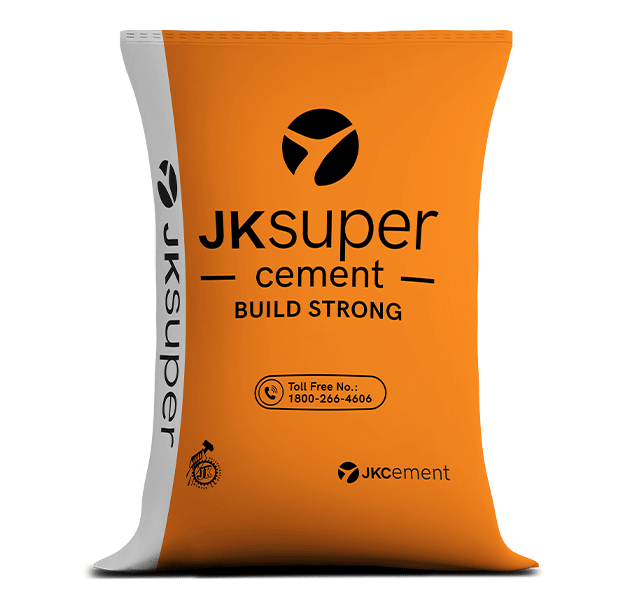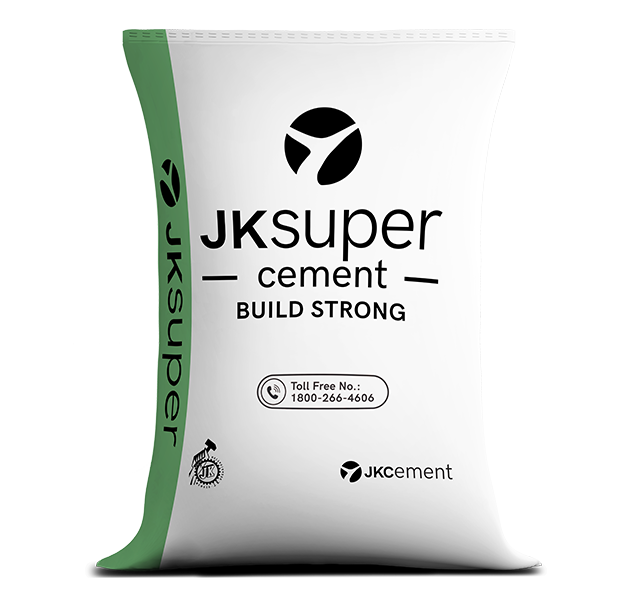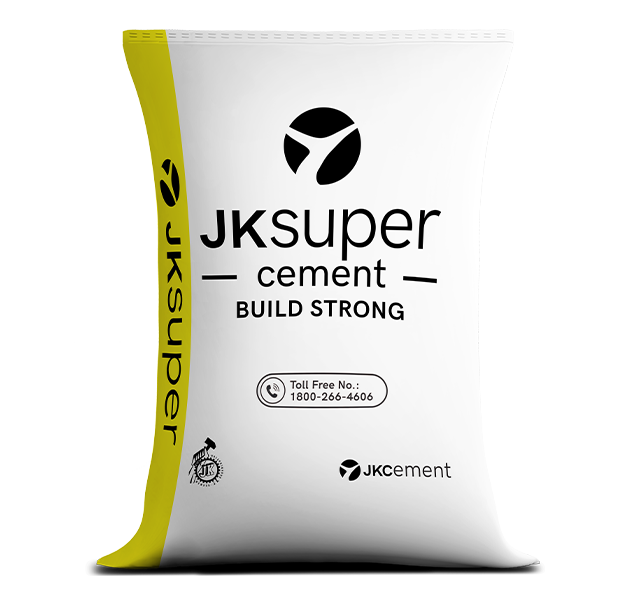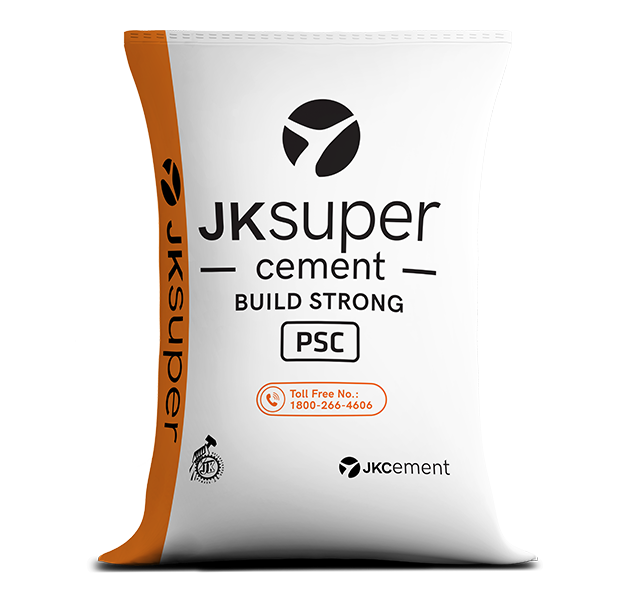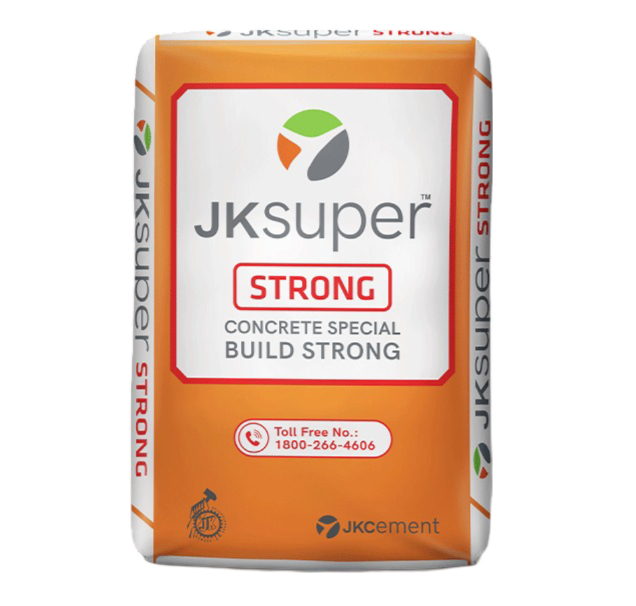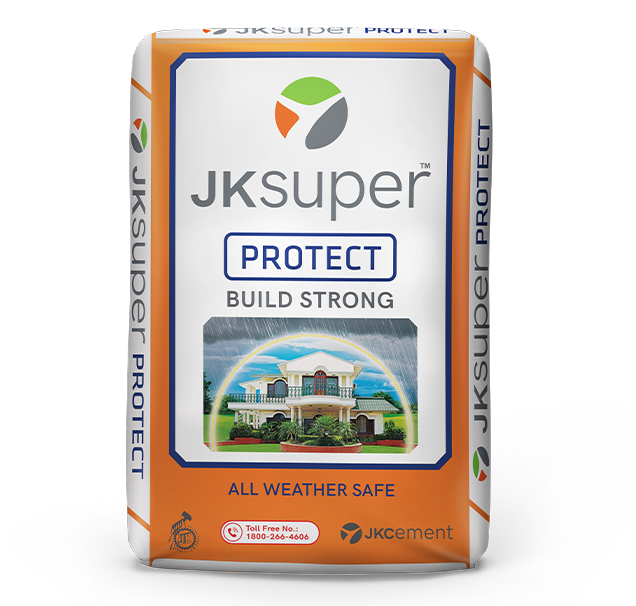Cement is the backbone of any successful construction project. It fulfils the purpose of binding agent, keeping all the elements together to form a cohesive and load-bearing structure. Roof slab construction is a crucial aspect of any structure that requires careful consideration when it comes to choosing the right cement type. In this article, we shall explore the diverse types of cement available and understand prime factors that influence your choice when selecting cement for slab construction.
Understanding the Significance of Cement for Slab Construction
Cement is one of the fundamental materials that is used to bind coarse and fine aggregates and additional materials together to transform these into concrete. Its significance in slab construction can be understood by learning about its structural, functional, and transformative properties.
Structural Integrity
A roof slab requires greater strength. As cement works as a binding agent, it forms a strong chemical bond with other construction aggregates, such as sand and gravel to create a solid and unified structure. The cohesion provided by the cement provides compressive strength to bear the load imposed on the slab.
Functional Performance
When mixed with water, cement undergoes a chemical reaction known as hydration that results in the formation of a crystalline solution. This reaction turns cement, aggregates, and water together into concrete, making a material with high durability, fire resistance, and load-bearing capacity.
Transformative Property
Cement adds malleable characteristics to the concrete structure. It enables the creation of numerous finishes and textures to enhance the aesthetic appeal, whether it is a sleek and modern structure or a classic structure. The malleable properties of cement allow architects to bring their visions to life.
Which Cement Is The Best For Concrete Slabs?
Several types of cement for roof slab construction are available. Each type of cement has its own distinct properties that make it suitable for specific applications.
Ordinary Portland Cement (OPC)
This is the most common type of cement which is suitable for the construction of reinforced concrete buildings, bridges, and pavements. OPC is available in different grades signifying its compressive cement, that include, OPC 33, OPC 43, and OPC 53. It offers good workability and enhanced durability.
Portland Pozzolana Cement (PPC)
PPC is a blend of grounded pozzolanic materials like fly ash or calcined clay and Portland cement clinker. While it is typically used in the construction of hydraulic structures like dams and bridges over a river due to its high resistance to various chemical attacks, it can also be used in general construction like roofs.
Portland Slag Cement (PSC)
It combines the properties of ordinary Portland cement mixed with granulated slag. Slag is a byproduct of the iron-making process. This blending results in enhanced durability, reduced heat generation during curing and improved resistance to chemicals and sulphates.
Rapid Hardening Cement
This cement type sets and gains strength rapidly, making it an ideal option for projects requiring a quick turnaround. It is produced by heating up lime and shale to make clinkers. These clinkers are blended with small amounts of gypsum and grounded to form a fine texture. This cement is lightweight and has a short curing period.
White Cement
It is a specialised variant of Portland cement known for its distinct white colour, especially used for its aesthetic appeal. Although, both white and grey cement are manufactured using similar raw materials, the variation in the manufacturing process and absence of iron oxide in white cement contributes to its signature appearance. It is widely used in projects where final finish and appeal are paramount.
Factors to Consider When Choosing Cement for Roof Slab Construction
Following are some of the common factors you must consider when selecting cement for roof construction:
Strength Requirements
Determine the load-bearing capacity required for your roof slab. Choose a cement grade that provides the required compressive strength that contributes to slab construction with the desired compressive strength.
Environmental Conditions
Consider the climate and exposure elements. For areas with aggressive environments like coastal regions or marine environments, consider opting for cement with enhanced durability such as Portland Slag Cement or Portland Pozzolana Cement.
Setting Time
Depending upon your project timeline, costs, or requirements, you may need cement that sets quickly or gradually. Rapid-hardening cement is suitable for fast-paced projects, while ordinary Portland cement offers more workability.
Cost Considerations
While quality remains a top priority, it is essential to find a balance between performance and cost-effectiveness. Even after deciding the type of cement needed, it is important to conduct thorough research on cement brands, their prices, and services.
Contract Specifications and Construction Standards
Adherence to specifications outlined in the project contract and relevant industry standards is important and helps to choose the right cement.
From versatile applications to impeccable finishes, witness the quality and innovation blended together with JK Cement. Explore our OPC and PPC range of cement.
FAQs
Which cement is best for slab and column construction?
Cement that provides high strength to structures and durability necessary for load-bearing components is typically ideal for slab and column construction. You may opt for higher grades of OPC, PPC or PSC for such construction. Depending on the construction requirement, other types of cement may also be used.
What is the difference between OPC and PPC in cement?
The key difference between Portland Pozzolana Cement (PPC) and Ordinary Portland Cement (OPC) is found in their attributes and composition. OPC contains clinker, gypsum, and other materials, providing high compressive strength. In contrast, PPC is combined with Portland cement clinker and pozzolanic materials such as fly ash enhancing its workability, durability and resistance to chemicals and moisture.
What is the use of PSC?
Portland Slag Cement or PSC is designed for construction applications where both high strength and durability are required. It is used extensively in a variety of projects such as residential, commercial, and industrial projects. It is well suited for projects requiring resistance to aggressive environments including marine structures, construction in coastal regions, and sewage treatment plants and lines.

